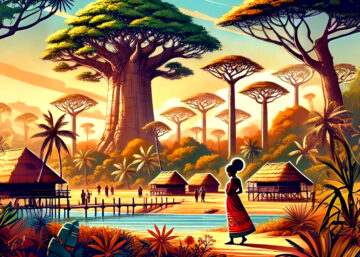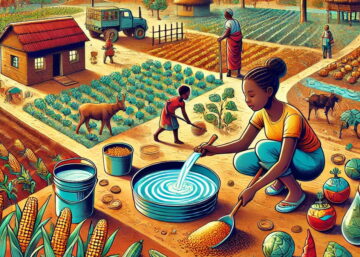Abstract
The village of Mwambesi, located on the banks of the Ruvuma River, once thrived through paddy farming and fishing. The community, which relied on seasonal rainfall for two rice harvests a year, lived in harmony with their environment. However, over time, the introduction of new infrastructure and economic activities, such as charcoal production and lumbering, altered the village’s way of life.
The once-prosperous farming community shifted towards logging and charcoal sales, driven by the influx of external market demand. As the forest was increasingly exploited for timber, environmental degradation followed.
Despite efforts to regulate these activities through taxes and laws, the village struggled with balancing economic growth with environmental sustainability. Eventually, the community succumbed to the pressures of modernity, abandoning traditional agricultural practices for profit-driven industries, leading to societal and environmental decline.


